Turning the blueprint for Chinese modernization into a reality fundamentally hinges on further comprehensively deepening reform and continuously improving systems and mechanisms in various fields, in order to provide institutional safeguards for the country's modernization drive, said Xi Jinping, general secretary of the Communist Party of China Central Committee.
Addressing the third plenary session of the 20th CPC Central Committee, which concluded on Thursday, Xi made explanatory remarks on the draft resolution on further deepening reform comprehensively to advance Chinese modernization. The explanatory remarks were made public on Sunday.
Xi highlighted the crucial role of reform and opening-up in different periods of China's development, saying that on the new journey in the new era, the nation still needs to rely on reform and opening-up to create new prospects for Chinese modernization.
In the face of new circumstances and tasks, it is imperative to further comprehensively deepen reform to translate the institutional advantages of the country into the capacity for more effective governance, he said.
While emphasizing the need to resort to institutional reform to address the problems hindering high-quality growth, such as unbalanced and inadequate development, Xi said that responding to the risks and challenges on the way toward Chinese modernization requires comprehensively deepening reform.
With mounting regional conflicts and turbulence worldwide, exacerbated global issues and increasing external oppression, China's development has entered a period of strategic opportunities and challenges, marked by growing uncertainties and unforeseeable events, he warned.
Effectively addressing these risks and challenges and taking the strategic initiative amid the increasingly intense international competition require further comprehensively deepening reform, Xi said. It is necessary to use the improved institutional frameworks to prevent and mitigate risks, effectively respond to challenges, nurture new opportunities during crises, and forge new paths amid changing circumstances, he added.
Xi explained the drafting process of the resolution, which involved extensive consultations among the people within and outside the Party to ensure democratic and scientific decision-making. Xi served as the head of the group for drafting the document.
Throughout the drafting process, the seven-member Standing Committee of the Political Bureau of the CPC Central Committee convened three meetings, and the 24-member Political Bureau of the CPC Central Committee held two meetings for review and modifications of the document, which was ultimately submitted to the third plenary session of the CPC Central Committee for discussions.
Xi said that the resolution is anchored on the goal of basically achieving socialist modernization by 2035, focusing on major reform measures for the next five years.
It emphasizes the importance of giving play to the leading role of economic structural reform, developing support institutions and mechanisms for all-around innovation and advancing reform in a comprehensive manner, he said.













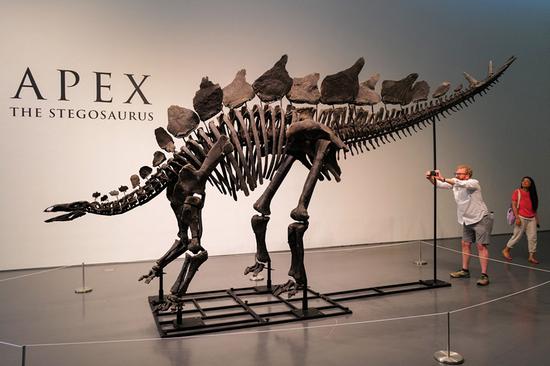
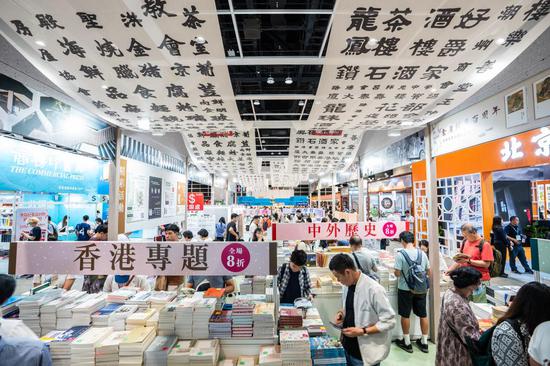
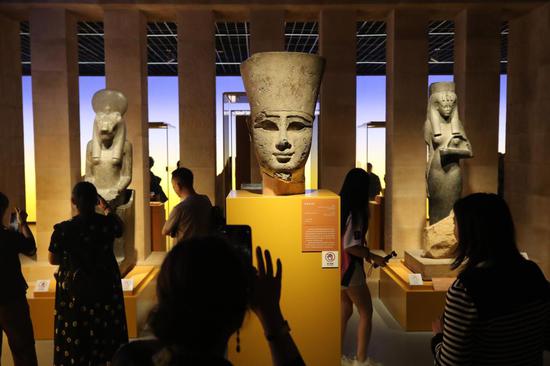


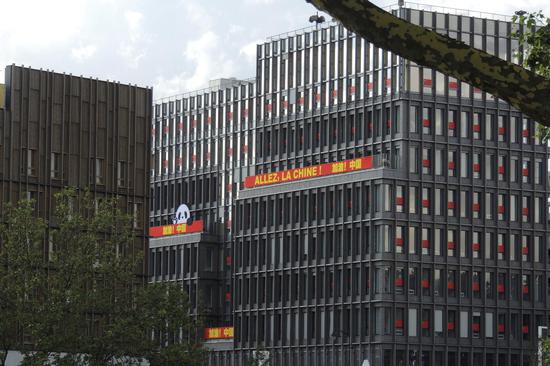





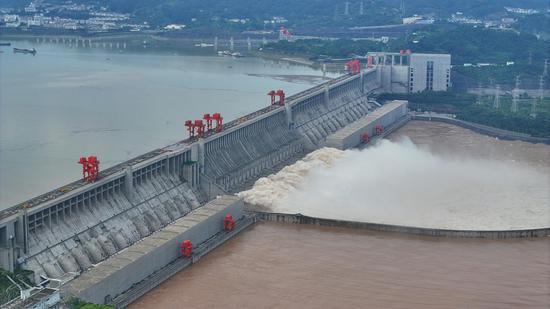
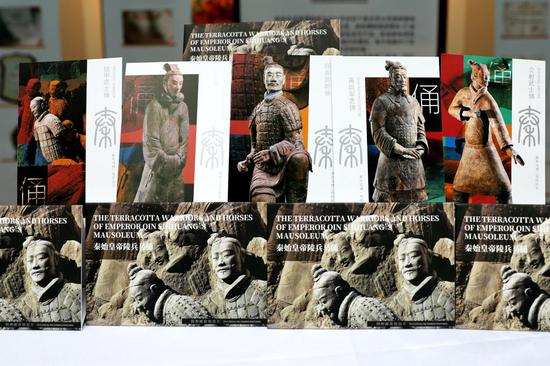

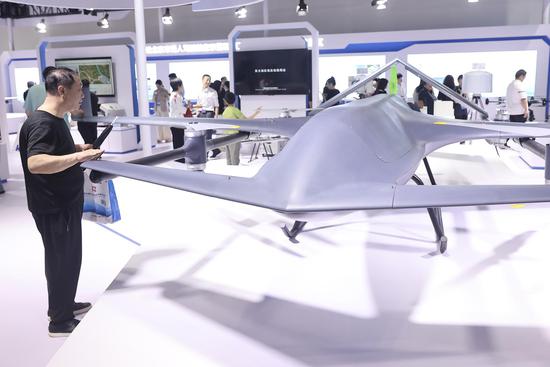
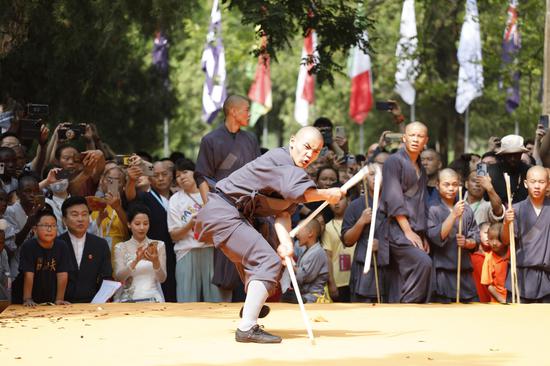




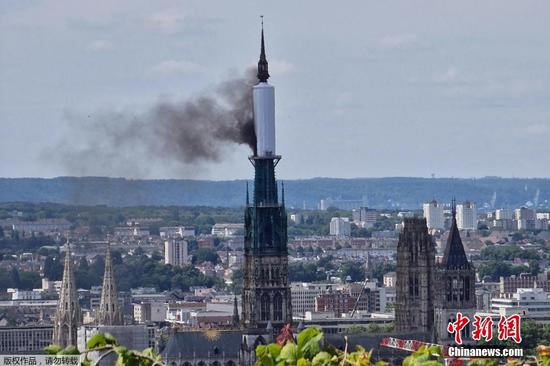



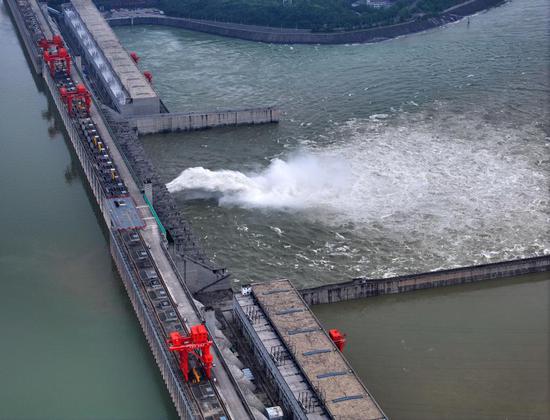
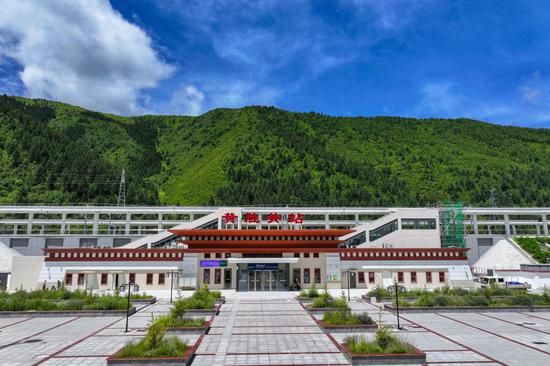
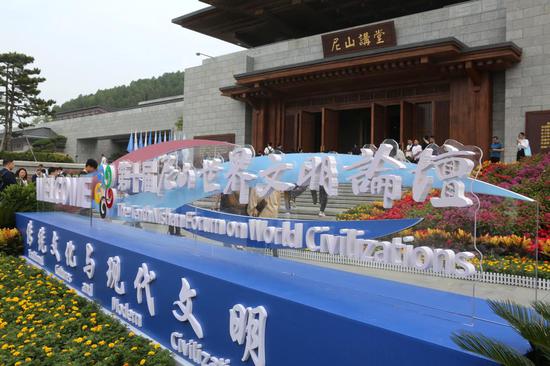






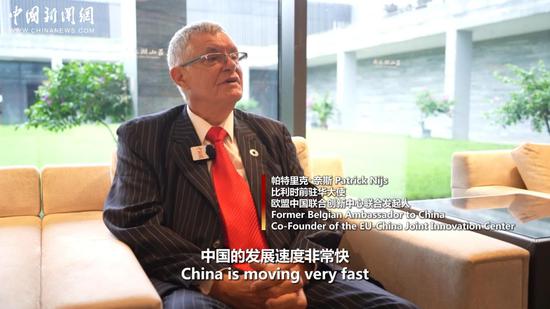



 京公网安备 11010202009201号
京公网安备 11010202009201号